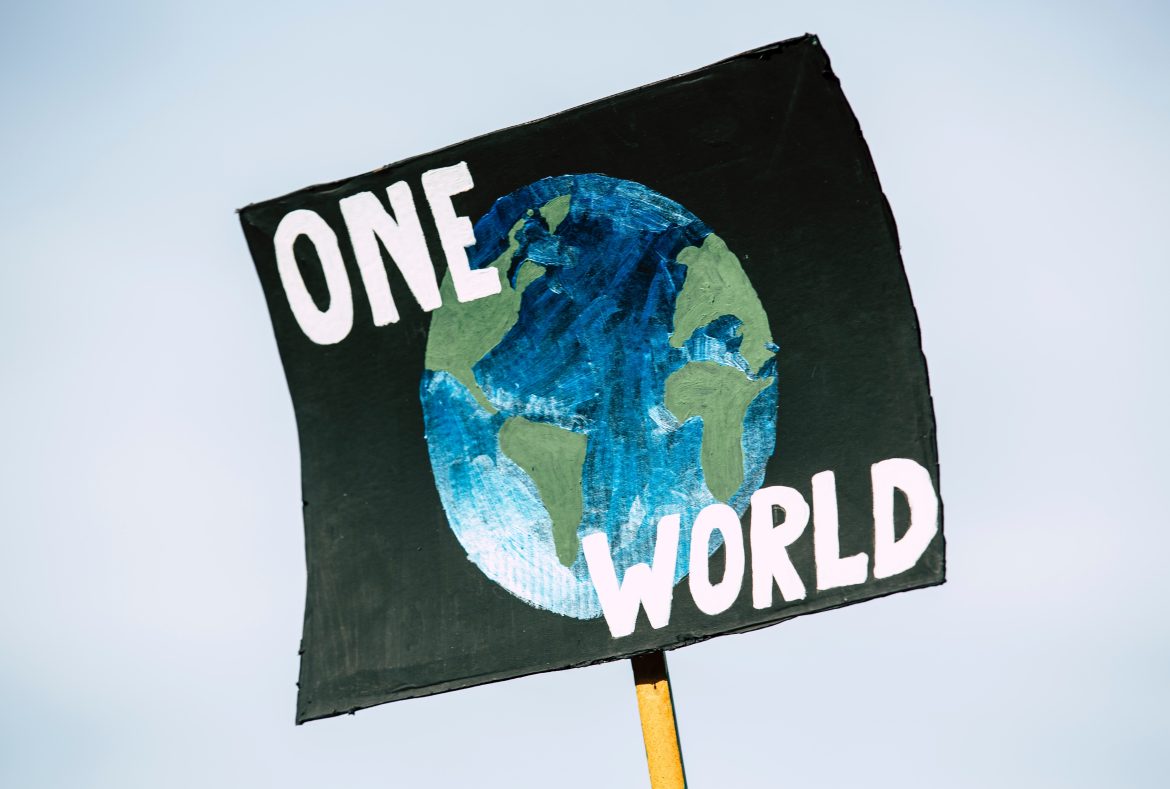Our Freedom Song
After experiencing hundreds of years of slavery in Egypt, the moment of redemption is finally upon us. Miraculously, we, as Israelites, cross through parted seas and stand on solid ground of freedom.
Our first act of freedom is to sing. Moses and the Israelites sing. Then Miriam and the women dance. Even though the Israelites departed in haste, the women made sure to pack their timbrels. They wanted to be prepared to celebrate.
Our freedom song is so central it is written in a different form than every other column of our Torah. Some say it is calligraphed in the image of bricks. Others say there is space within the text to represent the limits of our ability to praise God.
Our freedom song is so elevated we sing it twice a day in our liturgy. Just as the songs we listen to on the radio evoke memories that bring us back in time, the Mi Chamocha brings us back to our first moment of liberation.
Our freedom song is so magnified, the entire Shabbat on which we read the text is called Shabbat Shirah – the Sabbath of Song.
Our freedom song not only looks back but forward. The song opens in future tense stating “az yashir Moshe u’vnei Ysrael et hashirah hazot – and Moses and the children of Israel will sing this song…” The grammar leads commentators to see it also as a reference to a future, final redemption (Mekhilta Shirata 1). Our freedom song isn’t found in the original first millennium publication of the order of prayers. It was added only after our long experience in exile. Our Song at the Sea references the fact that our liberation is not yet complete.
Our singing the Mi Chamocha today is meant to inspire us to work for a greater liberation for ourselves and for all. Some in our tradition say our freedom song was originally sung antiphonally as call and response. Moses sang a line and the men repeated it. Then Miriam sang a line and the women repeated it. Each heard and sang the song in their own way. Our song of celebration was and is meant to be inclusive of all genders.
The midrash on Exodus notes that “from the day that God created the world until Israel stood by the sea, there was not a single person who said a song to God except for Israel.” God created the first human being, God saved Abraham, Isaac, and Jacob and none of them sang. The Israelites standing on freedom’s shore were the first to sing to God. (Shemot Rabbah 23:4)
Our freedom song has inspired others movements toward freedom – the American revolution, the emancipation of enslaved African Americans, the civil rights movement, just to name a few.
Some days when we face the darkness of our world (mass shootings, global terrorism, and the deaths of African-Americans at the hands of police who are meant to protect and serve), it can be difficult to sing.
May we sing our freedom song each day as we recall our liberation of the past and strive for justice, equality and liberation today so that all can sing and all can celebrate.
Image by Markus Spiske.



No Comments